The new findings contradict most observations of supermassive black holes, making this an unprecedented discovery.
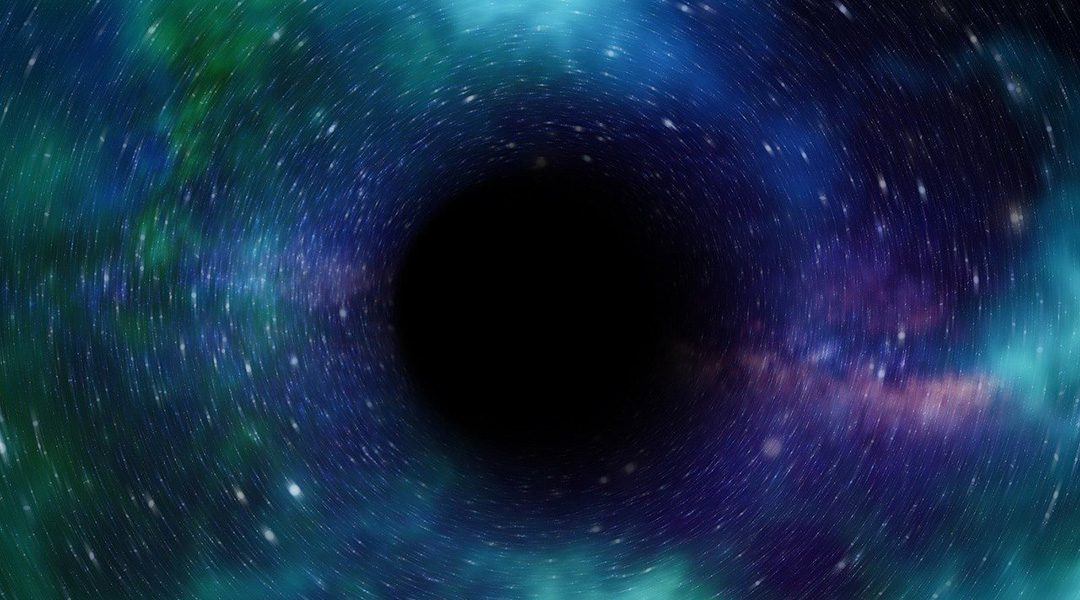

The new findings contradict most observations of supermassive black holes, making this an unprecedented discovery.
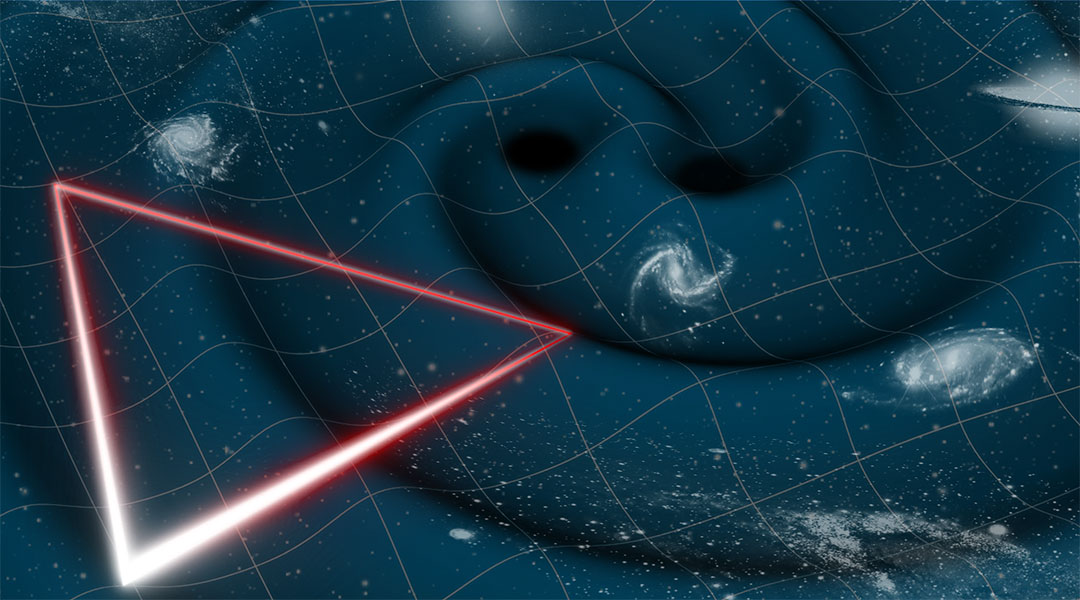
ESA greenlights LISA, a space-based observatory poised to detect gravitational waves across space and time.

Astronomers used the Gaia Space Telescope to say “you are the father” by tracing hot young stars back to their place of birth.
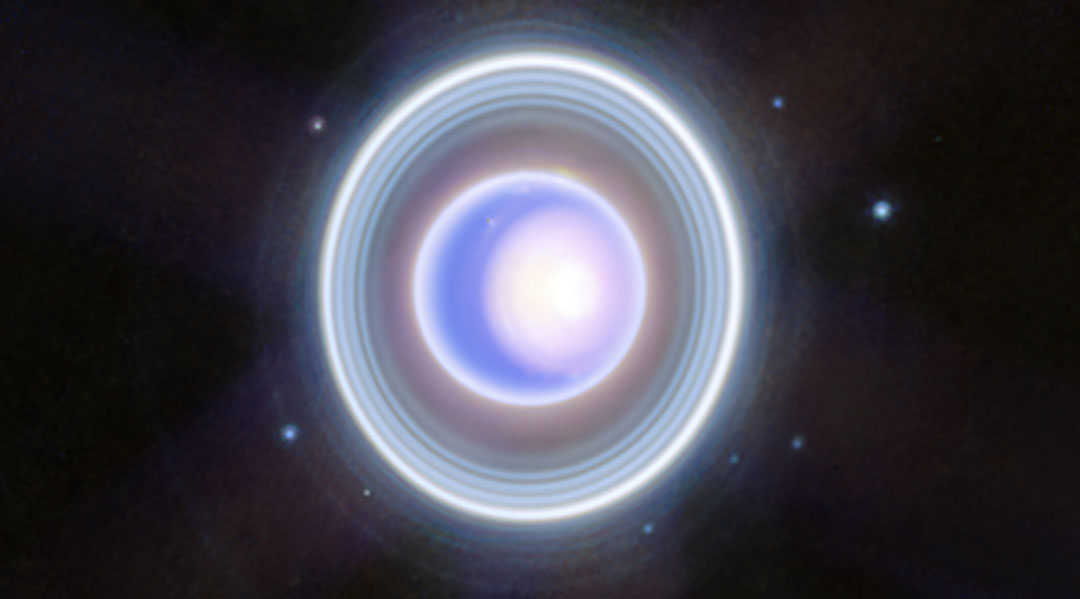
The powerful telescope gave space fans an early Christmas present in the form of a detailed image of Uranus, observed using infrared light.
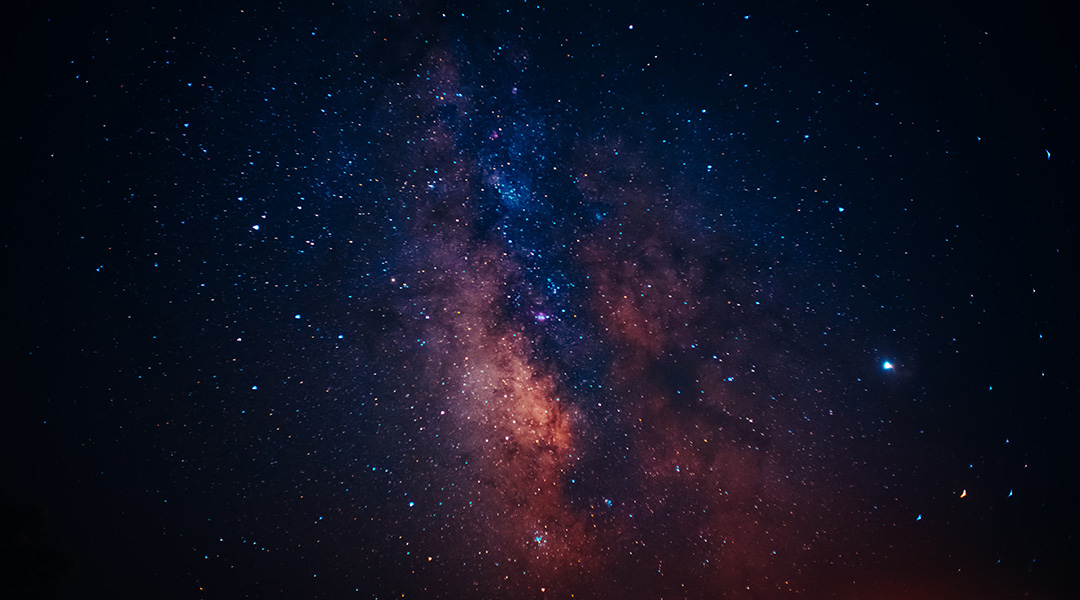
The twenty gravitationally connected galaxies extend through the early Universe for millions of light years.

Scientists propose an enhancement to the BabyIAXO axion detector, paving the way for an intensified search for elusive dark matter particles.
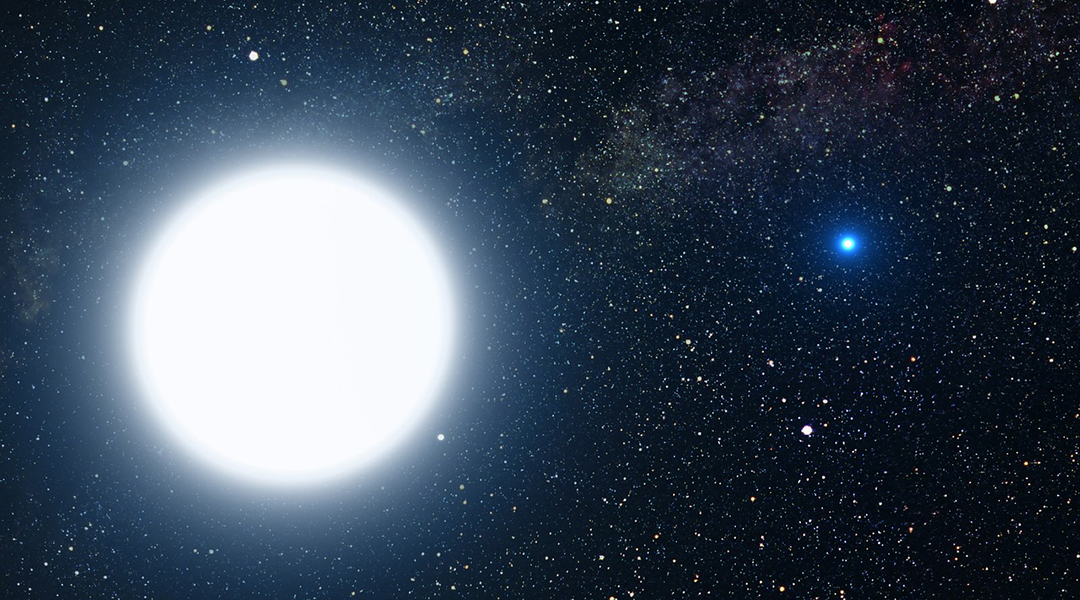
Due to their incredible density, astronomers believe white dwarfs might make the perfect dark matter detectors.

It’s looking less and less likely that the Hubble tension is a result of observational errors.
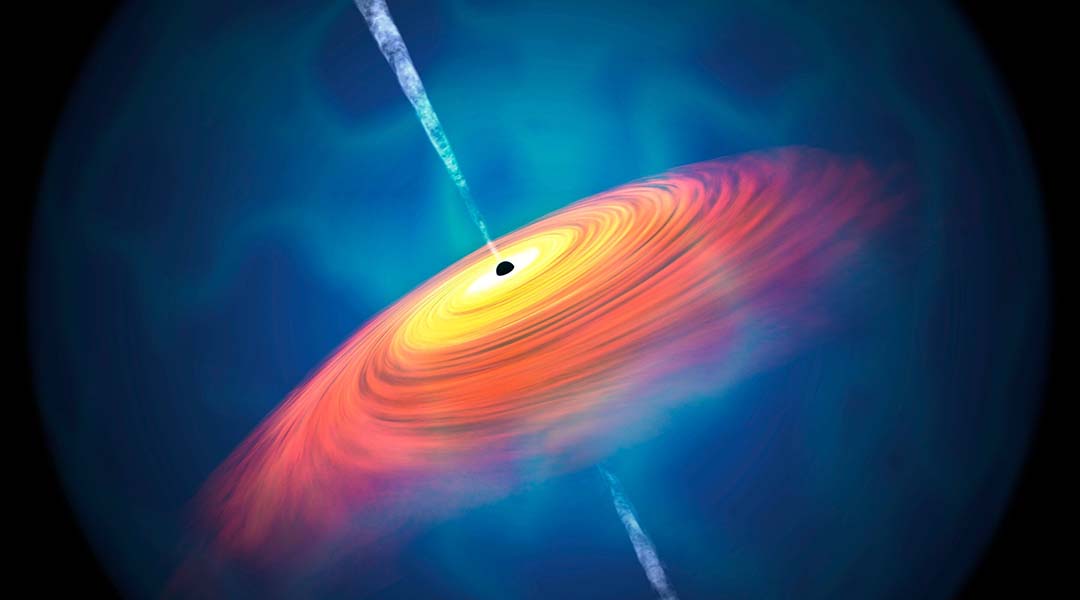
Scientists have only observed supermassive black holes one billion years after the Big Bang, but astrophysicists have now breached this barrier.
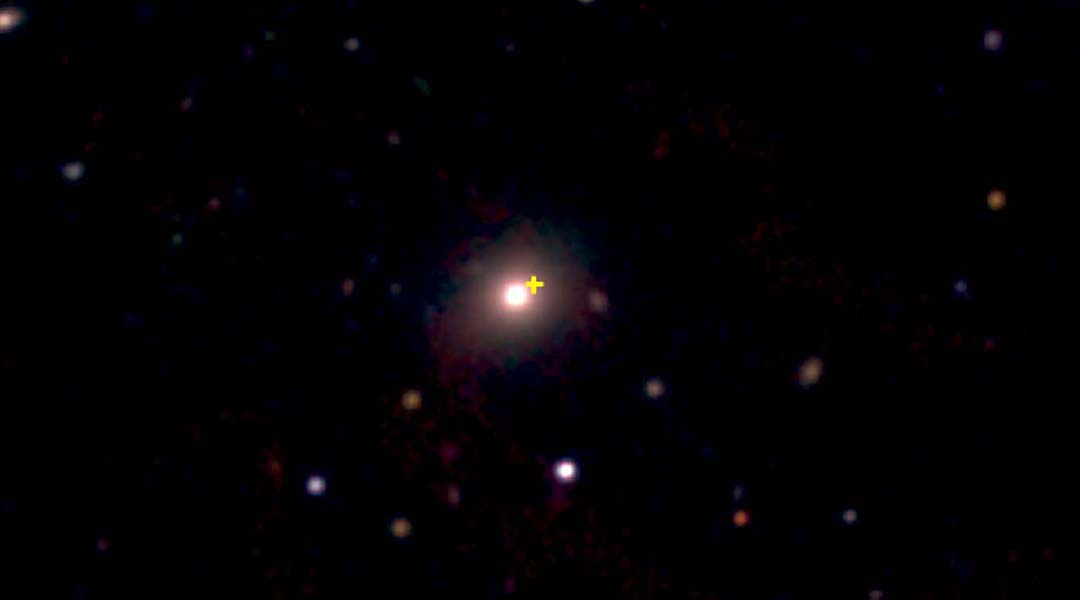
The rare but extreme blast that outshone most supernovas originated two billion light years away and has been classed as a “Luminous Fast Cooler”.